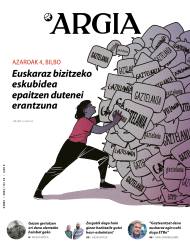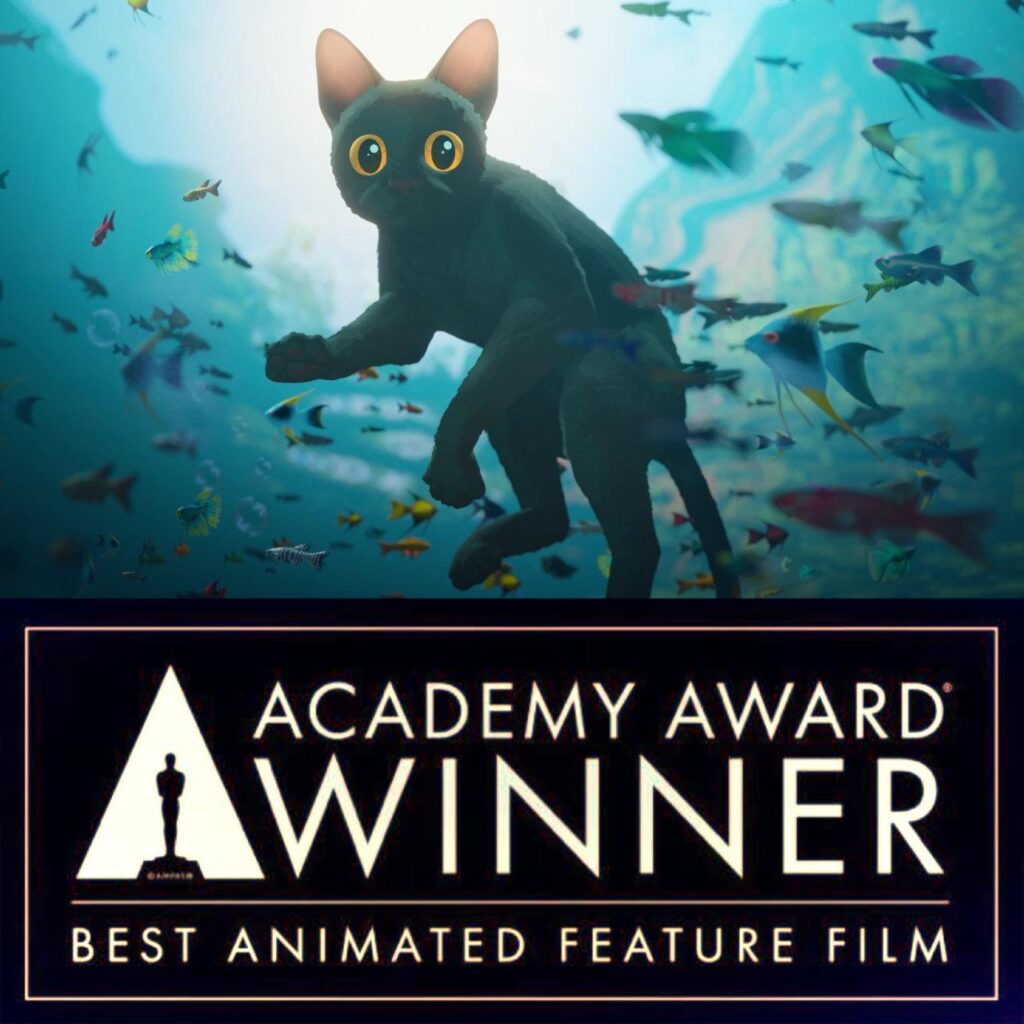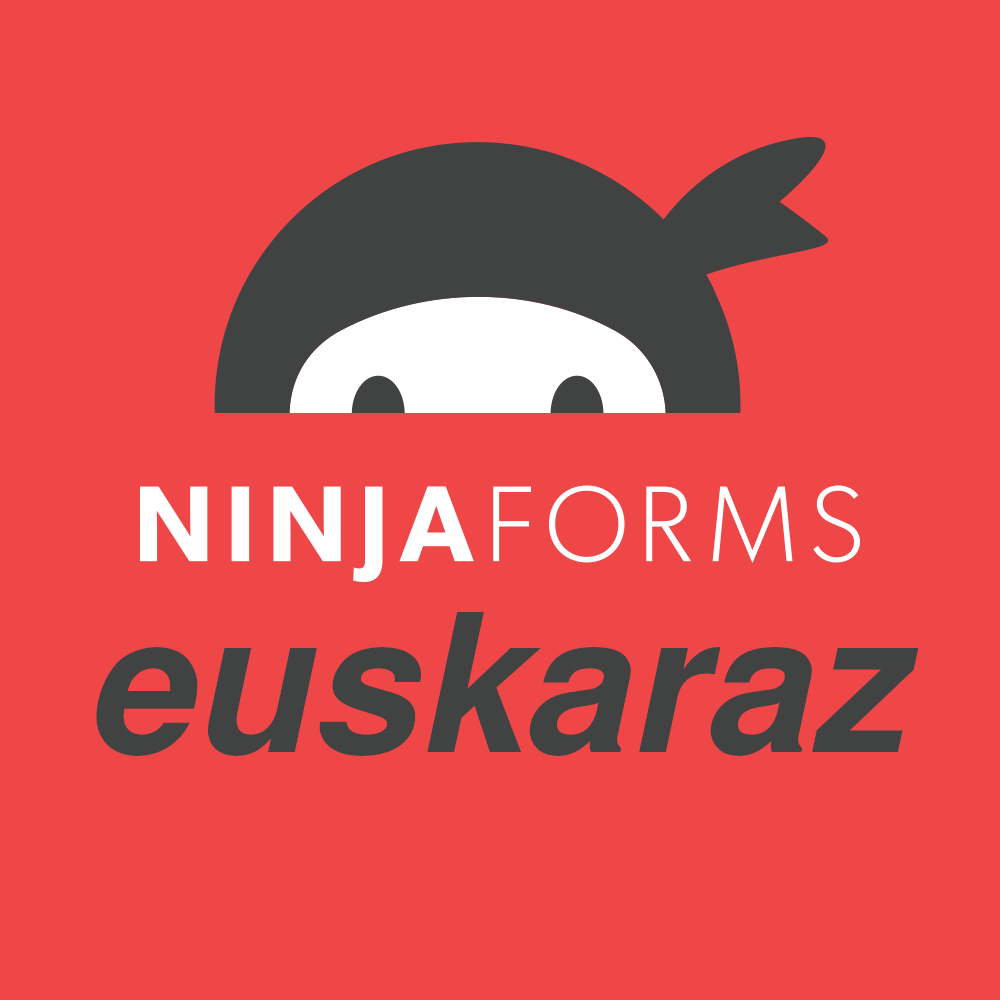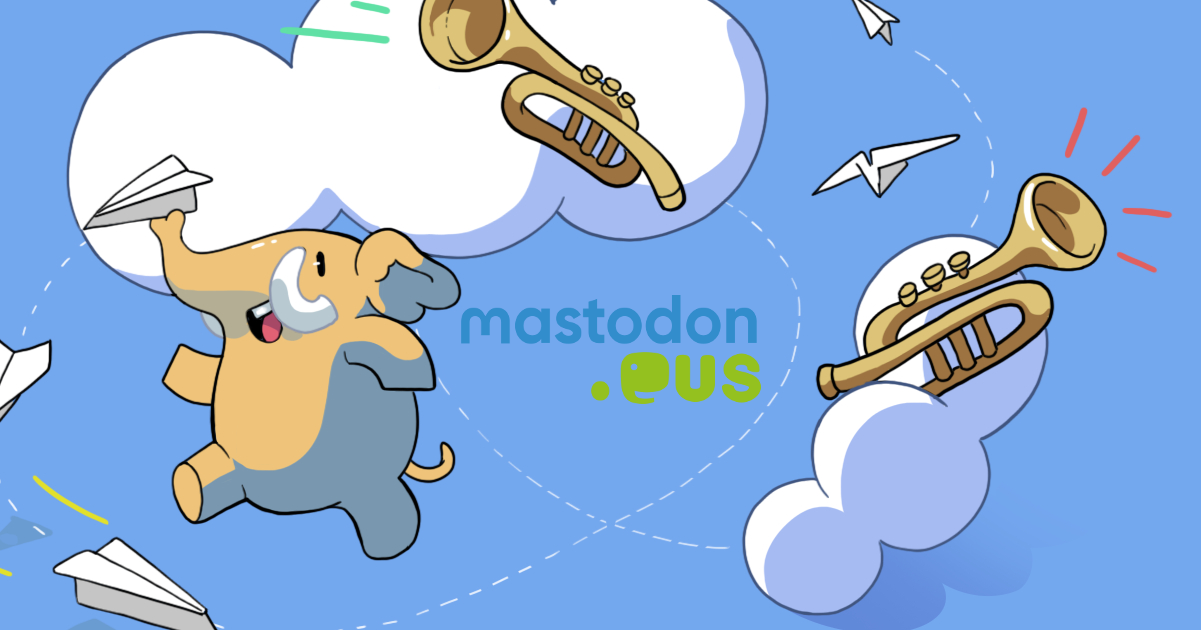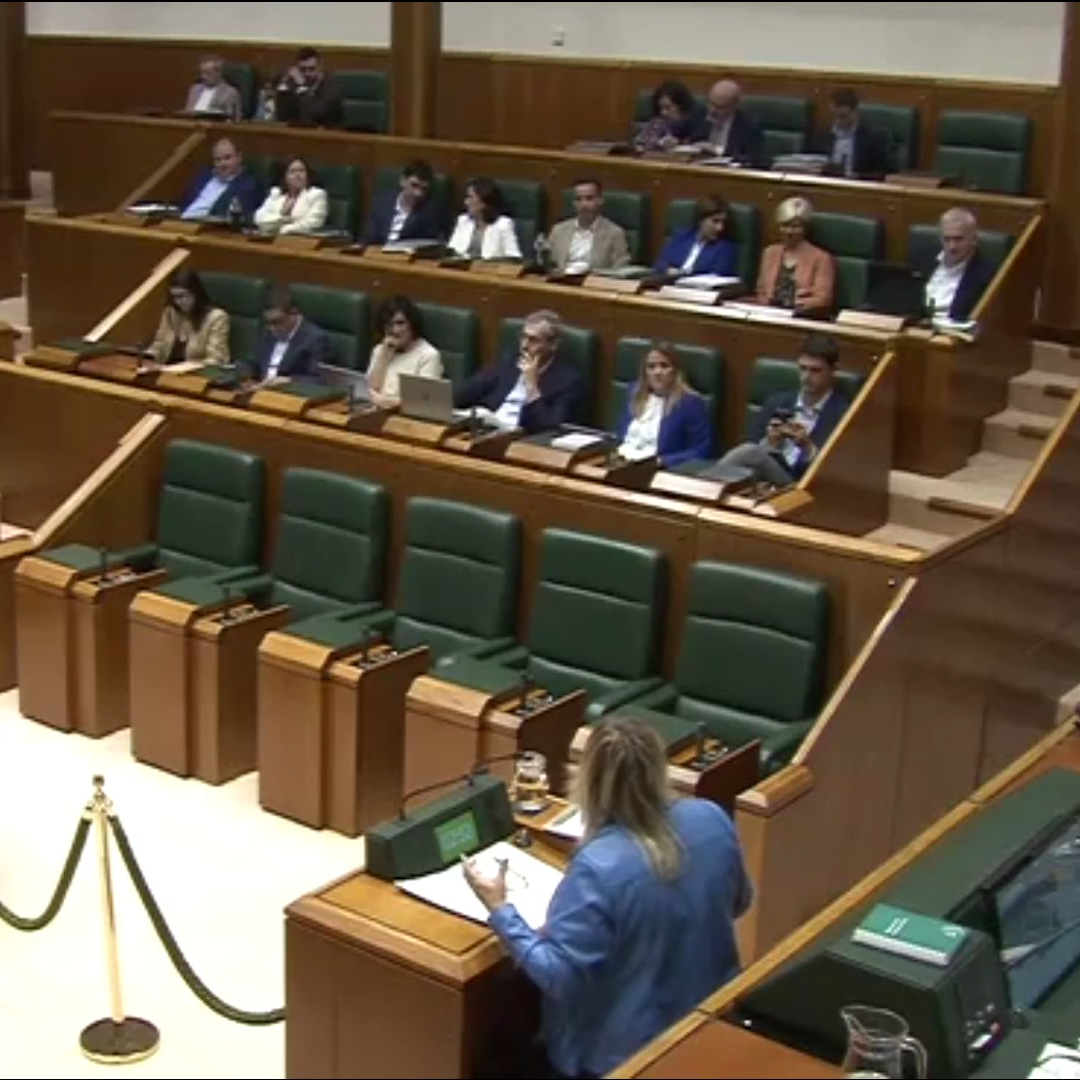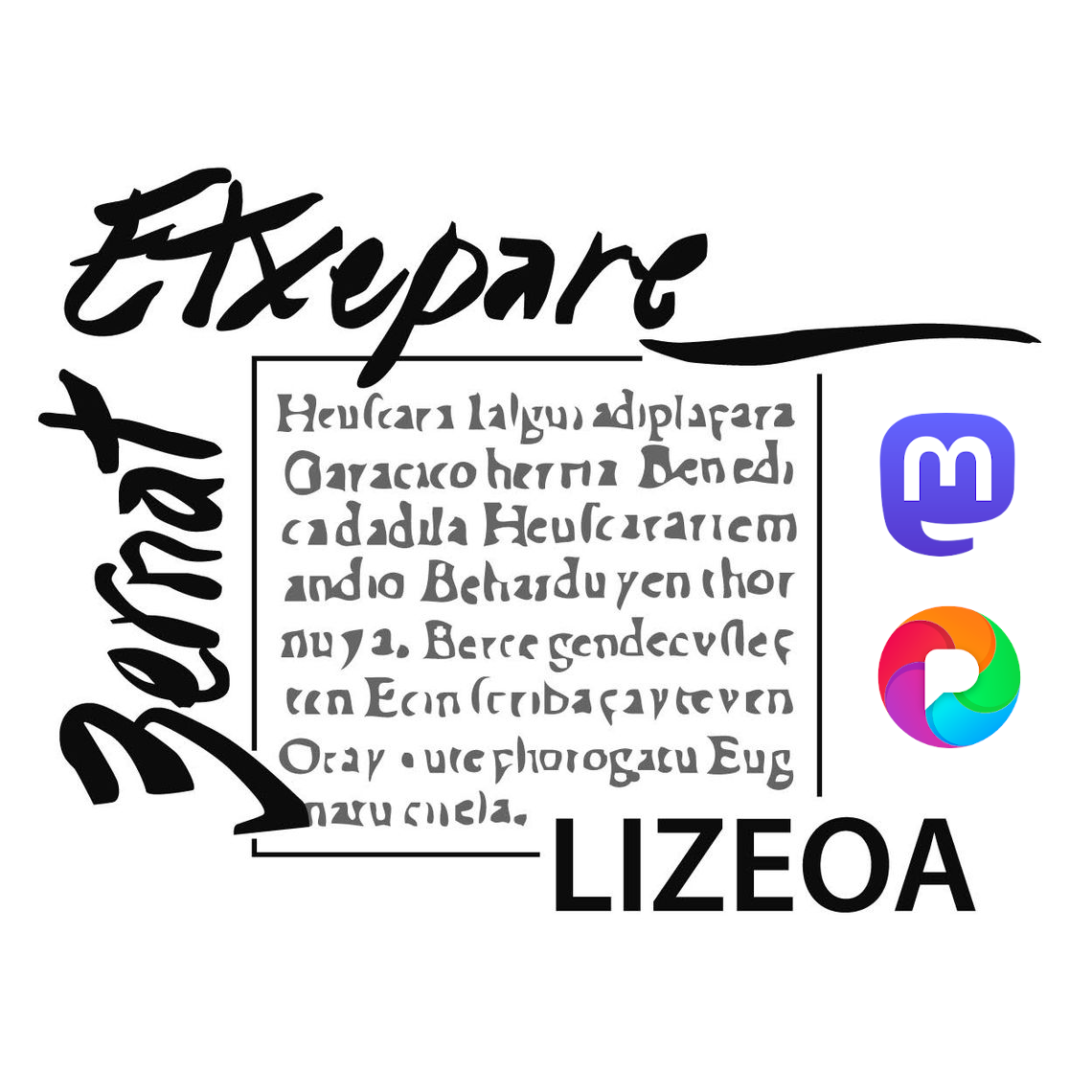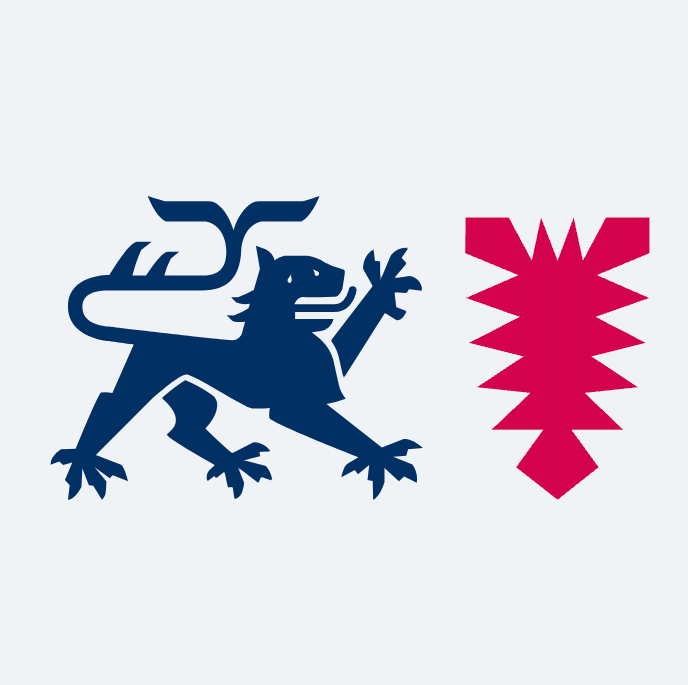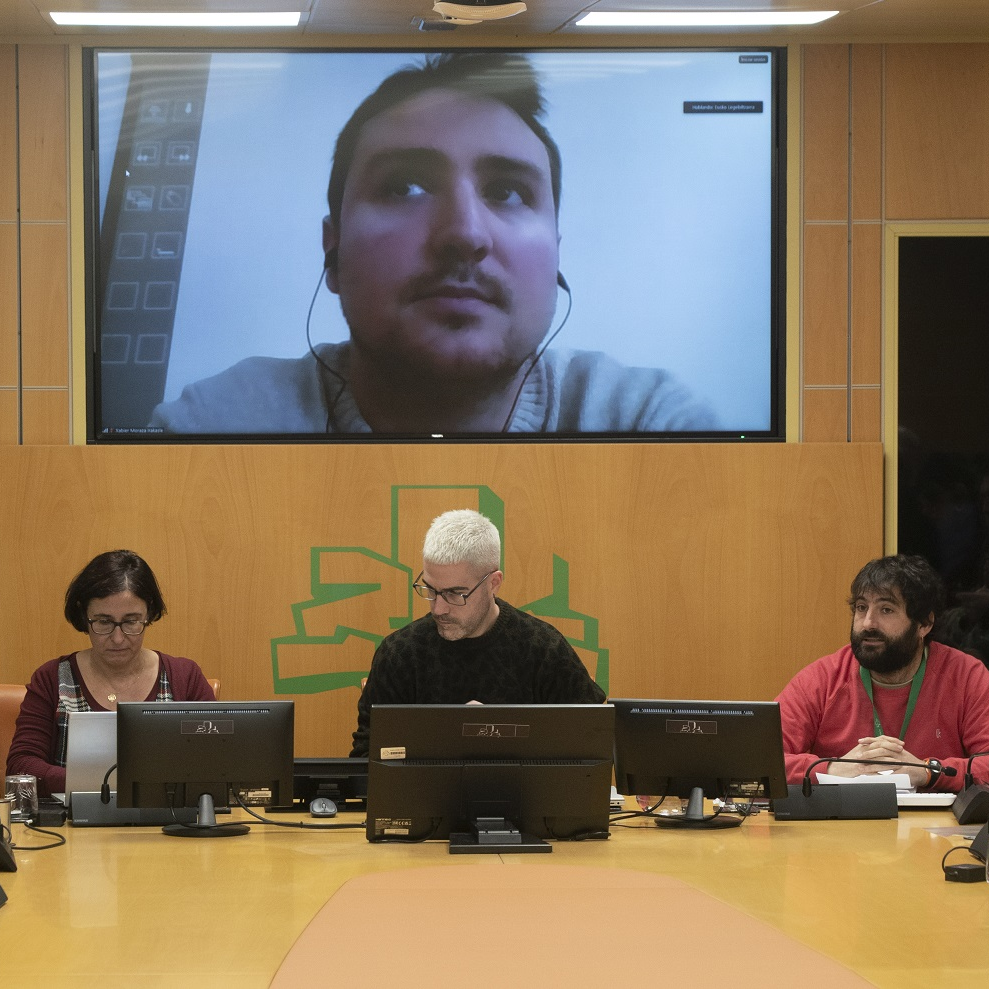“It’s easier to choose free software because it matches the values of education”
- Alexis Kauffmann is the Director of Free and Mixed Educational Software and Resources Projects in the Digital Technology Sectors of the DNE (Digital Education Directorate) of the French Ministry of Education. The entrepreneur for free and open education will participate in the Euskarabildua conference to be held on October 26 in Donostia. In this interview granted to the Class'Code association, the Ministry of Education describes convictions and politics in favor of the digital community.
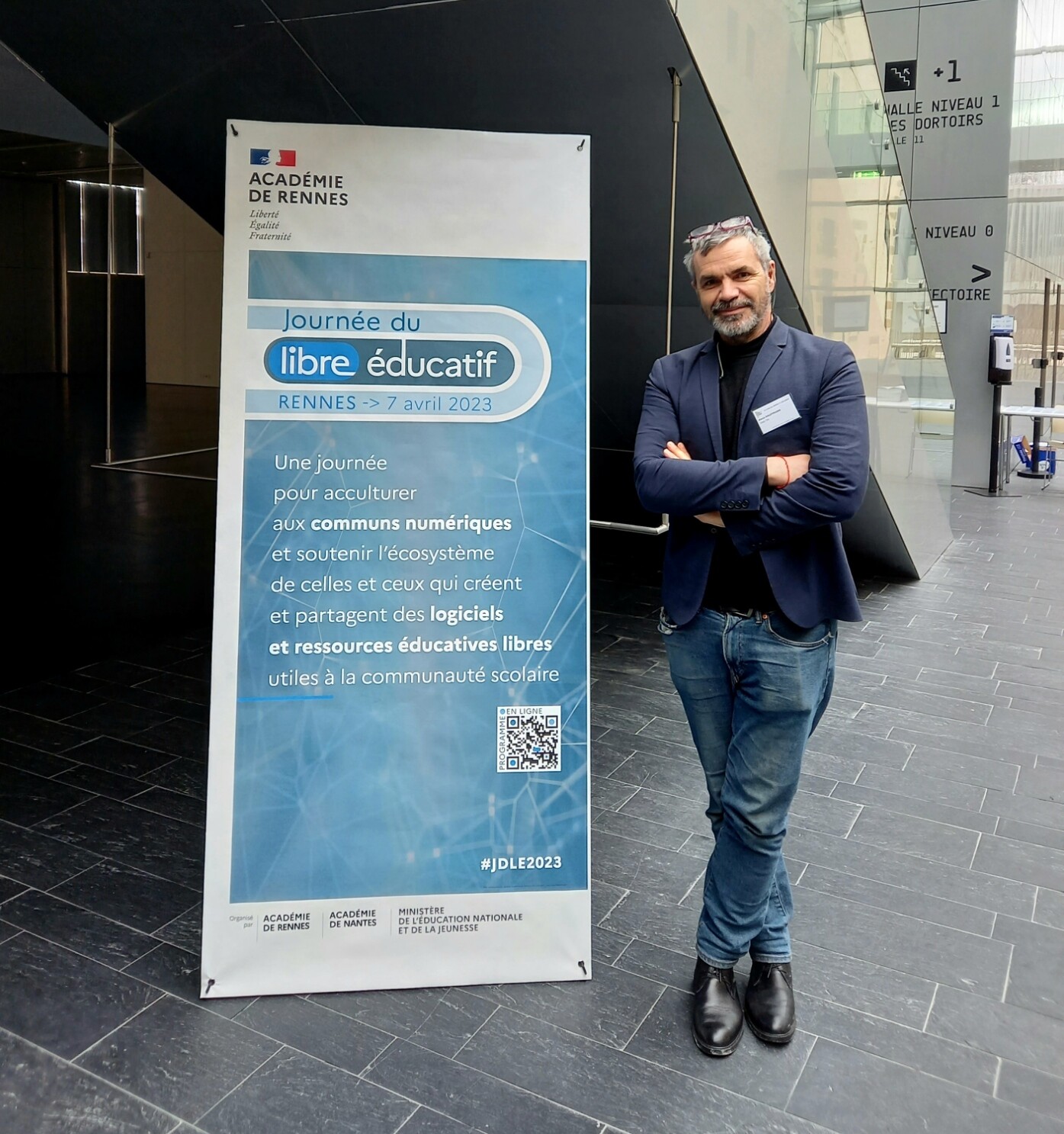
What are your functions in the Digital Directorate of Education?
My primary function is to promote the teaching ecosystem to create and exchange digital communities. This concept, although novel, is now part of the political agenda, as it is one of the axes of the Digital Educational Agenda that I was fortunate to participate in.
Firstly, it is intended to promote the use of free software in French education to improve learning and establish sovereignty in digital uses. We also encourage faculty who want to share resources to choose Creative Commons licenses.
Digital commoners need free educational practices that invite the community. We must offer teachers the best conditions to collaborate and share tasks easily. I see many projects in the territories, a lot of talent, both among teachers and in associations like Class’code. My goal is to contribute to that creation and to support it through community development.
As for culture, there is one interesting thing: From the descending governance of the Ministry, we are progressively moving towards horizontality, taking into account the needs of teachers and students.
Another important challenge of my activity is to increase the presence of women in digital sectors and professions. The MeToo movement was a turning point, but still women are only 10-30 percent in these sectors. I firmly believe that increased parity will bring wealth and diversity.
What have been the main stages of your trajectory in the free software world?
I've been a math professor in much of my career. For 15 years I've been working on the community project Framasoft, a citizen education network that promotes free software. I have always believed that free culture is very close to the values and objectives of National Public Education: to give users the right to access, analyze, modify and share resources. I've been working for a long time for national education to take care of it.
On the other hand, it is interesting that an institution such as the Ministry of National Education receives a basic entrepreneur, especially because I have been able to clearly criticise its actions. Following the health crisis, a general debate on digital education was held in 2021. The school community was asked to speak. One of the 40 proposals concerned the use of free software and the development of free educational resources. I joined the ministry thanks to collaborative community action over the past 20 years. And today I mean the same convictions as 20 years ago.
What is BigBlueButton, the free software implemented on a large scale in National Education?
In the first lockdown we had to find a solution for the broadcast of videoconferences and virtual classes for large-scale dissemination. The Ministry of National Education has over 1,200,000 staff and 10,000,000 students.
So far, proprietary, expensive software was used and the data of which was hosted on Amazon's infrastructure. This caused problems from the point of view of the protection of personal data and, as the code was closed, we could not make any improvements to meet our needs as best as possible.
As a result, we change tools, but also some kind of paradigm, and we go to the free BigBlueButton software. In addition to reducing costs, there are other interests such as the use of quality software, participation in the development of software, funding and contribution of the experience of our users, i.e. feedback from teachers and students.
Currently, this tool is available for teachers (Virtual School tool) and other educational system workers (Visio-Agents tool) with virtual class services. The webinar service of BigBlueButton is also shared with the entire public administration of the French State, managed by DINUM (Interministerial Digital Directorate). We feed on everyone's pot, but we also go back to everyone's pot.

Soon after arriving at the DNE, you celebrated Free Education Day for the first time. What was the purpose of the event?
At the age of 20, I've seen a lot of teacher projects that didn't receive quality and useful support from their work. In 2023, months after reaching the ministry, I maintain the will of the Lyon Academy to organize a day dedicated to free education.
The aim of this event is, first of all, to bring a territory closer to the subject of ordinary digital. The second objective is to identify and value free projects, whether they be software or educational resources. On April 7 we presented 35 projects in the second edition of Renfe. They show the diversity of talents of the faculty, being openness and sharing part of the projects. The ultimate goal is to encourage participation, as project promoters pollute enthusiasm.
For example, a teacher has hacked connected clocks for student orientation careers. GPS sensors allow data to be obtained for analysis as maps and graphs. It is a good initiative. I've also been marked by the free tools of La Digital. This set of online services offered by a Danish teacher brings together about 700,000 visitors per month. The professor was applauded standing at the end of his speech.
A free and free special book was distributed to all participants. Ada & Zanemann is a tale for both young and old. It analyzes how we use technology and our dependencies, and the protagonist of the story invites us to be the engine of digital technology, not the consumer. But beyond this beautiful story, its production makes sense here: it is a book of German origin with a free license that allows translation. As a result, over a hundred schoolchildren aged 13 to 18 from four schools have translated the book together with their teachers to present it on Free Education Day. Free learning is not just code and software.
The National Deposit project promotes the production and distribution of digital communes for teachers and students. Can you tell us more?
One of the objectives of the Digital Strategy for Education 2023-2027 is “To promote the development of digital communities” and aims to provide teachers (and then students) with a space for the accumulation and distribution of free resources, both software and pedagogical content.
The initial idea is to share the free software code created by our teachers. In France we are close to one million teachers, including talent developers who offer useful applications for the school community. We now offer you a sovereign server that respects personal data, based on the free GitLab software. It allows projects to get to know each other better and cooperate. An example of this are the educational distribution of PrimTux for the provision of computers in elementary schools and the website mon-oral.net to work the students' oral skills.
But we realized that more and more employees are using deposits, not to create software, but to design and publish online educational content (courses, activities, exercises...), working in open and light formats, especially text or text in format (Markdown, LaTeX, etc. ). The project has also been launched to respond to these new uses. Thus, one teacher proposes all the mathematics courses, another groups the philosophy courses for the undergraduate... However, as the deposit facilitates collaboration, there are also projects of educational communities such as e-NSI space around the new speciality NSI or the MathALEA random exercise platform.
And because everything is free in the warehouse, everyone can use, adapt and improve resources without a time limit. Thus, teachers can create classes and activities for their students. EdTech or the education industry can also use code and content to offer new services of high added value, especially through artificial intelligence.
What do you think are the main barriers to the use of free software and the dissemination of free educational resources?
The lack of knowledge of the digital community and its importance in education remains an obstacle. That is why we must continue to work on awareness raising and training.
The difference between LibreOffice and Microsoft Office tools in office, Firefox and Google Chrome browsers or Linux and Windows operating systems is not in features, but in character. It's easier to choose free because I think they're consistent with the values of our education. This decision is not easy, as it requires a change of habits, as in most cases we have known it through non-free computer tools. It is also necessary that the quality of free software tools be equivalent to equivalent privatives so that the user experience is not worse, but, even with the best will in the world, change will not succeed.
As for free educational resources, there are other barriers. First, education remains an individual. The culture of sharing and doing is yet to be developed, in training and in educational institutions. The hours taught by teachers in class focus primarily on institutions. Furthermore, they fear that they will sometimes be judged by the hierarchy. There's a lot to do to get to know and value teachers who create and share digital commonalities.
Why is it important to support and promote the production and dissemination of free educational resources? And what do the Creative Commons licenses provide?
Any resource, digital or otherwise, has all rights reserved by default. This means, in theory, asking permission from the authors for their reuse. However, the courses created by the faculty tend to be a remix and adaptation of various documents. Can you imagine the need to wait after asking permission to use each of these documents without any guarantee to get them?
But if the author submits the content created to a Creative Commons license to become a free educational resource, he grants the user rights such as reuse or adaptation, without requesting any authorization. These are the most appropriate licenses for cooperation and exchange.
With free educational resources, the school community is aware that there are no obstacles to the free circulation of knowledge, which is very important in the field of public education services.
What are the challenges of protecting public property resources against big business and artificial intelligence?
They are above all challenges of citizenship and sovereignty. Collaborative tools are useful and the promises of fascinating artificial intelligence, but what if all these innovations are controlled by multinationals? Its aim is not, a priori, to educate the public, but to bring benefits to shareholders and investors.
The current school can and should use tools like ChatGPT, but how does ChatGPT work? the student who asks if we do not have a code to understand its mechanism?








